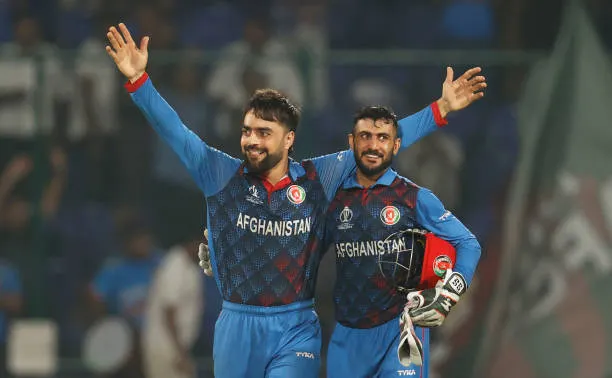
The Asia Cup 2025 has started in Dubai, but the opening day was not just about cricket—it was also about concerns raised by captains over the demanding logistics of the tournament. Afghanistan skipper Rashid Khan and Sri Lanka’s Charith Asalanka were among the most candid, their remarks highlighting the physical and mental challenges players face even before stepping onto the field.
Rashid Khan called the travel arrangements between Dubai and Abu Dhabi “not ideal,” noting that his team will be spending valuable hours commuting rather than preparing or recovering. For a competition of such high profile, he suggested, scheduling should prioritize player welfare. Still, the Afghan captain stressed that once the players walk onto the pitch, professionalism takes over, and they cannot afford to dwell on inconveniences. His pragmatic stance underscored the dual reality faced by athletes: frustration off the field, but commitment and focus once the first ball is bowled.
Sri Lanka’s Charith Asalanka struck a different tone—half weary, half humorous. Arriving straight from the Zimbabwe series, he admitted feeling “still sleepy,” a pointed yet playful reminder of the toll that relentless cricketing calendars can take. He spoke about the importance of rest and recovery, particularly under the UAE’s draining heat, warning that fatigue could impact performance if not managed carefully. Asalanka’s comment might have been light-hearted, but it reflected genuine concerns about player readiness.
The broader issue here is one of balance. International cricket continues to expand, with back-to-back tours, leagues, and tournaments leaving little breathing room for recovery. The Asia Cup, with its prestige and intensity, only magnifies these pressures. The players’ candid remarks serve as a reminder that the spectacle seen by fans is underpinned by logistical challenges that test endurance as much as skill.
Despite these complaints, there is no indication that teams will let travel or fatigue soften their edge. On the contrary, Rashid’s insistence on adapting and Asalanka’s wry humour suggest that players are ready to embrace the grind. For fans, this means they can expect the same fierce rivalries and uncompromising cricket that define the Asia Cup—albeit with the understanding that the players are pushing through more than just their opponents.
As the tournament progresses, the effectiveness of squad rotations, fitness management, and mental resilience will become just as important as tactics and execution. The early logistical grumbles may fade once the cricket takes centre stage, but they have already provided a rare glimpse into the behind-the-scenes strain that shapes elite competition.
In the end, the Asia Cup promises electric cricket, but the opening day has made one thing clear: reaching the field is proving nearly as tough as winning on it.
12BET Shortlisted for Sportsbook Operator of the Year at SBC Awards 2025

